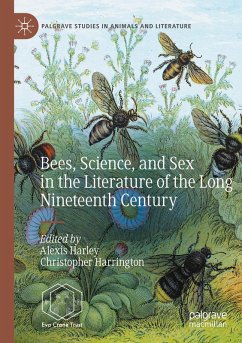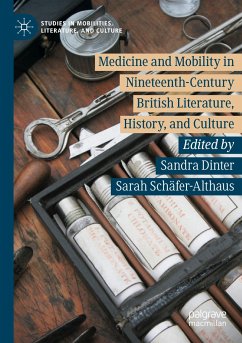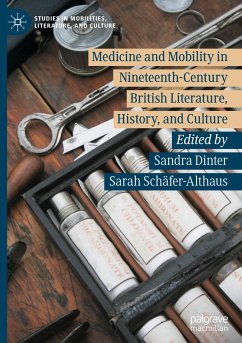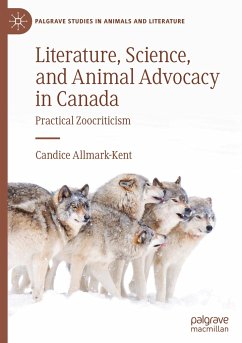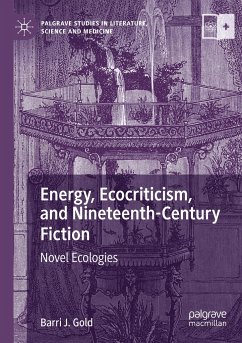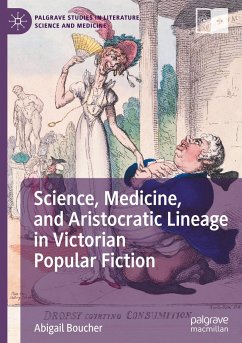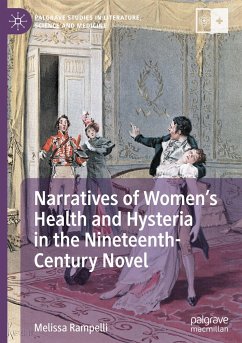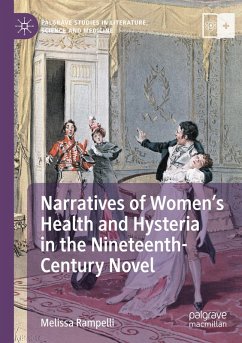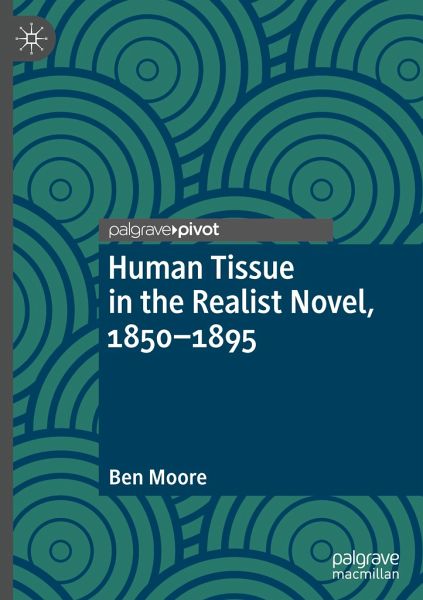
Human Tissue in the Realist Novel, 1850-1895

PAYBACK Punkte
19 °P sammeln!
This Pivot engages with current debates about anthropocentrism and the Anthropocene to propose a reappraisal of the realist novel in the second half of the nineteenth century. Through three case studies, it argues for 'human tissue' as a conceptual tool for reading that brings together biology, literature and questions of layering. This new approach is shown to be especially salient to the Victorian period, when the application of 'tissue' to biology first emerges. The book is distinctive in bringing together theoretical concerns around realism and the Anthropocene - two major topics in litera...
This Pivot engages with current debates about anthropocentrism and the Anthropocene to propose a reappraisal of the realist novel in the second half of the nineteenth century. Through three case studies, it argues for 'human tissue' as a conceptual tool for reading that brings together biology, literature and questions of layering. This new approach is shown to be especially salient to the Victorian period, when the application of 'tissue' to biology first emerges. The book is distinctive in bringing together theoretical concerns around realism and the Anthropocene - two major topics in literary criticism - and presenting a new methodology to approach this conjunction, demonstrated through original readings of Charles Kingsley, George Eliot, and Emile Zola and two English-language writers he influenced (George Moore and Vernon Lee).





